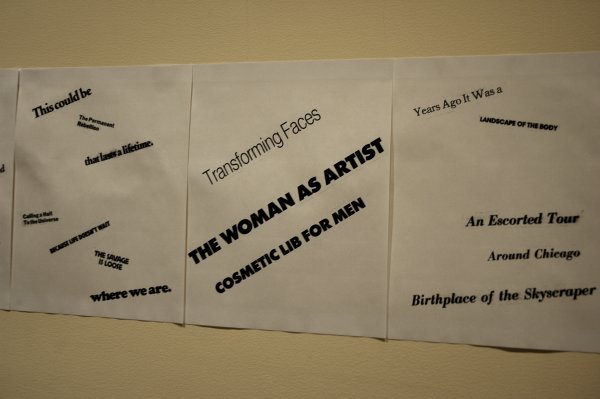It's back. But is it too much art after all? Or maybe we should just be asking if we're taking it too seriously.
We should at least be grateful for the grace of the extra year indicated by the "bi" in "biennial". An annual would just be too much for more than the organizers (although it might bring the pressure down a notch or two for a lot of people). The Whitney Museum's regular survey of American art can't help being a pretty stressful experience for those who take their art seriously.
Barry and I were at the press preview on Tuesday afternoon. It was difficult sorting through hundreds of works in just three hours, especially for me since I was lugging a bulky camera, but at least we had some decent sightlines. I understand that at the guest preview on the following night scenesters and VIP's were more easily spotted than the art.
Umm. I'm sorry but I'm not sure what's wrong. It's taken almost five days to do this post. Why am I still trying to avoid it, and why am I going to be so unhappy about what I end up with? Am I really such a contrarian (or Frondeur) that if you were to drop me into the middle of any big pile of art I knew had been assembled by one agent for a specific event, regardless of the merit of its parts or the whole, I'd be compelled to put up some serious resistance? Or is there something fundamentally off about the concept of a quasi-competition in the arts to begin with? I have a private horror of institutional competition in any faculty, but I suspect that if I have a problem with the Whitney salon and any similar phenomenon the source lies inside both my own baggage and that of the institution.
The unveiling of the Biennial suggests a theatrical opening night, only this one is stretched over two or three days. But this only describes the Museum's arrangements; the artists in most cases have already presented their work to some kind of public, so perhaps for them the Biennial is more like some an Academy Awards nomination. As a spectator I find the overall effect is not unlike that of an old-fashioned TV variety show, and that's not an attractive analogy.
But I'm not saying the 2006 version is a disappointment. There's no question that this show certainly feels different. I like different.
This is probably an unnecessary observation, but I think it's very important that there's a complete change of curators and curatorial approaches every two years. It keeps things interesting and it clears the stage each time. No one has to look back, even if it's an inevitable temptation. Whatever the criticisms of a show in one year, there's always next [bi-]year.
During my first hour wandering about on Tueday I was really excited by the possibilities for the afternoon, based both on what I had already heard about the eccentricities of some of the works chosen and what the rooms themselves appeared to show about the curators' very open, even unorthodox approach to locating artists to include in their survey.
My enthusiasm waned during the next couple of hours.
Of course there was a lot of good work, but I was surprised by what I thought of as the ordinariness, the banality of some of it. Although unlike two years ago most of the artists were quite new to me, as I continued through the rooms my initial excitement just wasn't being refueled by what I was seeing. As I'm writing this I'm able to bring up very few memorable images in my head, although I can't underestimate the impact of my press-preview sensory overkill.
In the end I don't think any of us are better off coming to art in big stacks. It's really not the way either new or classical work should normally be encountered. We can't always expect to come upon art on our streets or in our buildings, so those of us who want more have to visit galleries and museums. The insatiable will join the potentially-creative anarchy of the art fair [multiplied for enthusiasts over and over in next week's scary schedule in New York]. The Biennial tries to help us by introducing an intelligence and a perspective, but ultimately we must all be our own curators every day.
Go see it. But don't try to make it through with only one visit. In the end, if you're bored it'll be your own fault.
And when you need a break, there's next week's schedule, its temptations captured for enthusiasts in the words of ArtFagCity, "The Next Two Weeks in Art: Like Drinking So Much You Puke and Then Immediately Going Back to the Bar for More". See Paige West's ArtAddict for details.
Some notes:
I agree with Barry's observations about the Biennial posted a few days ago, but I'll add a few of my own:
1.) The definition of "art" has been stretched into the wings of our daily experience of creativity in this Biennial, and this can only be a very good thing. When I was growing up art meant simply painting and, to a lesser degree, sculpture. Drawing was mostly about studies for painting or sculpture, and photography was a hobby or craft.
2.) The 2006 show demonstrates little interest in painting or drawing. When either medium does show up it's invariably upstaged by a sexy sculpture installed in the center of the room.
3.) I've seen a huge amount of small-scale work in drawing, painting, collage and photography in visits to studios and galleries over the last few years, but the Whitney rooms are devoted almost exclusively to large works; almost everything can be seen easily from a distance.
4.) The artists represented this year have their studios located all over the country and well beyond, perhaps making this the least provincial of the Whitney biennials.
5.) I wasn't counting, but it seemed to me that once again women are definitely under-represented, even though so many of the artists are very young. Oddly, in the introductory remarks one of the two curators, pointing out that this was the first show to have one male and one female working together in selecting the work to be included, joked that this made it something of a "bisexual biennial". It's becoming more and more difficult to explain away a disproportion not substantiated by any measure of the quality of new work being done today.
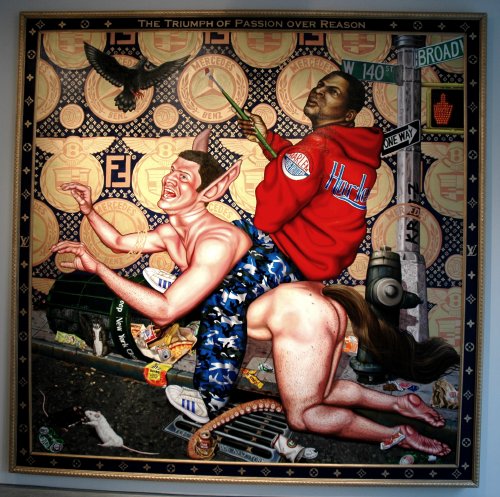
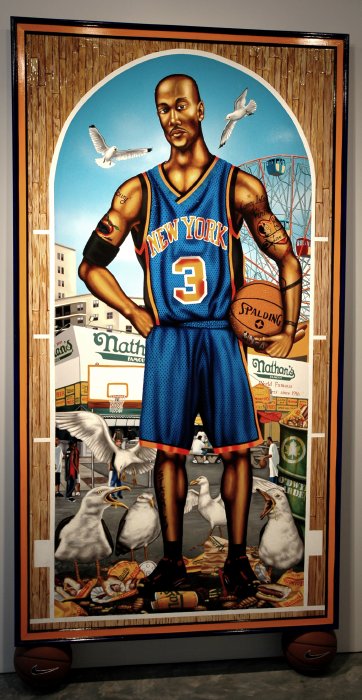
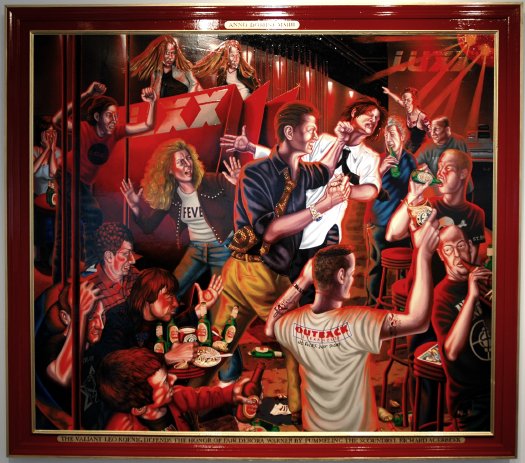

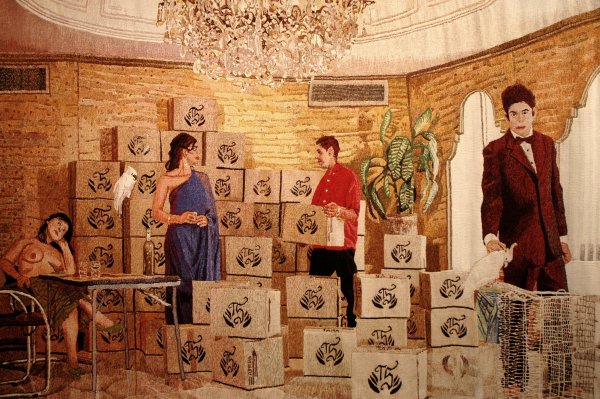
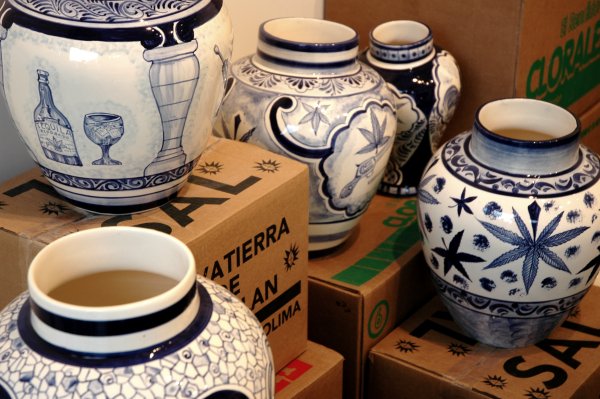
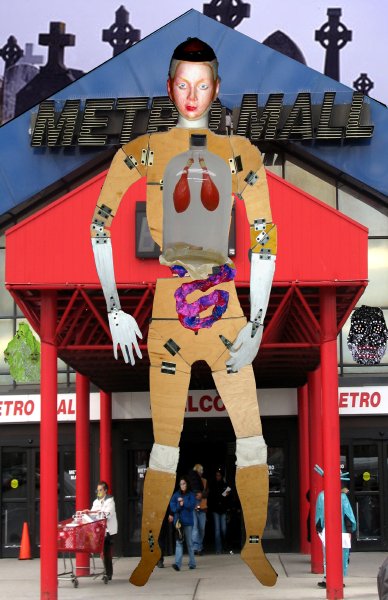
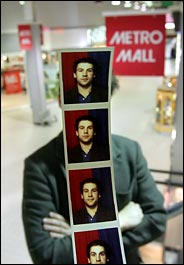
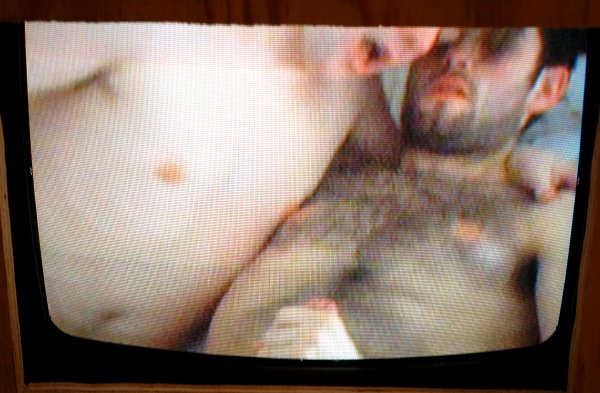
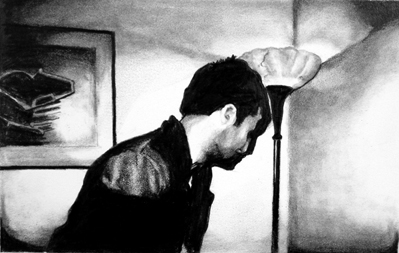
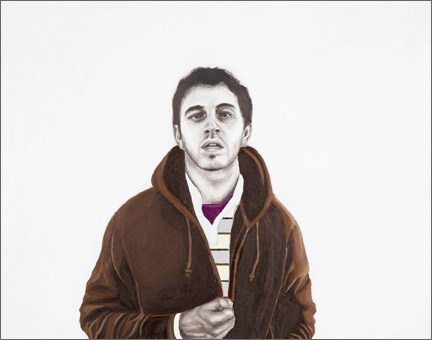
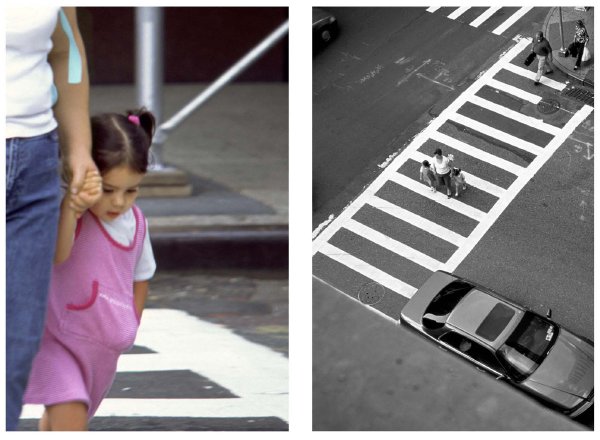
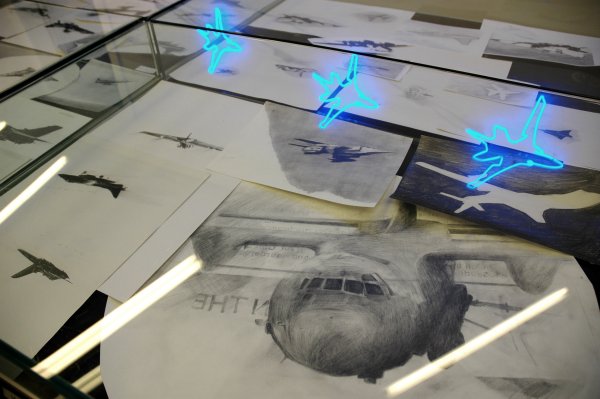

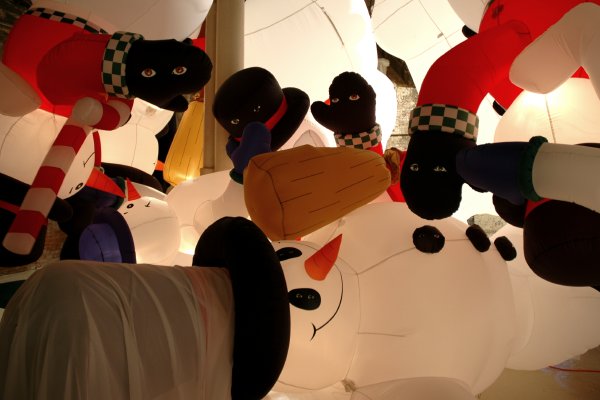
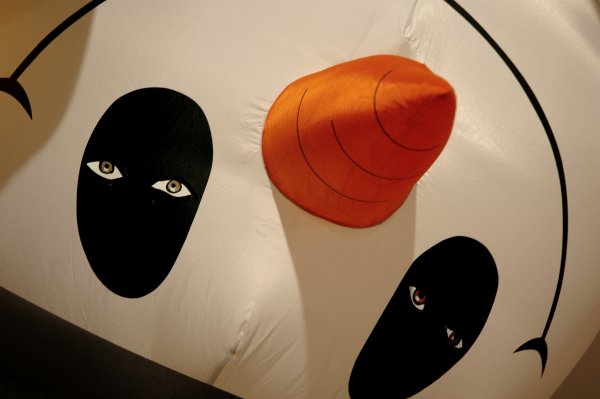
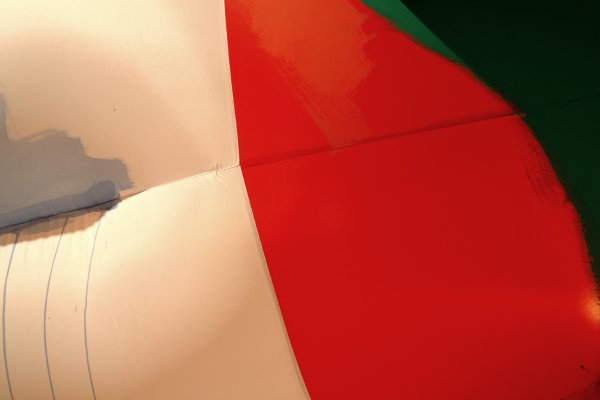

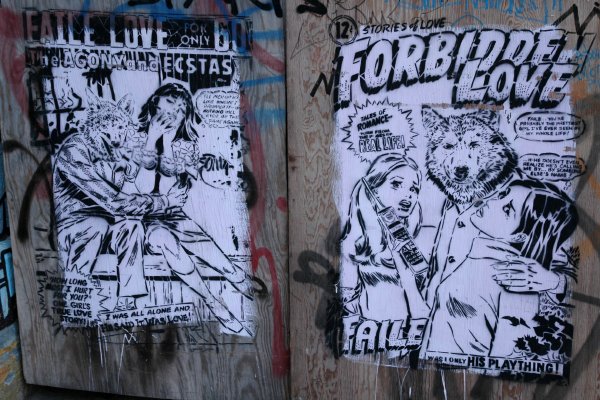
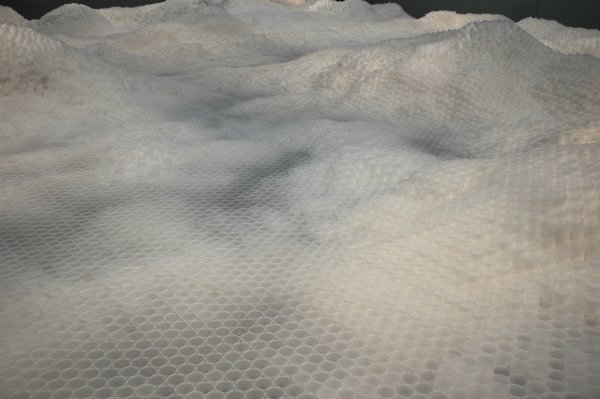


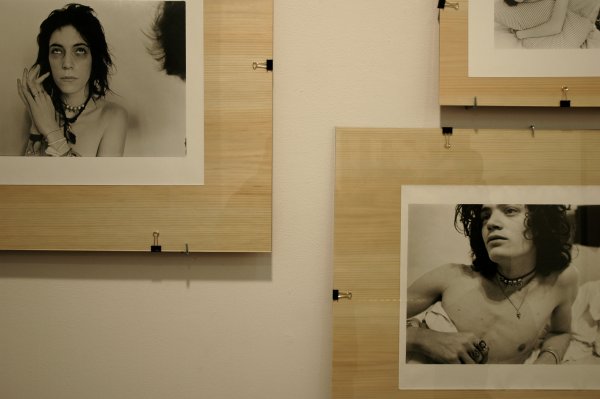
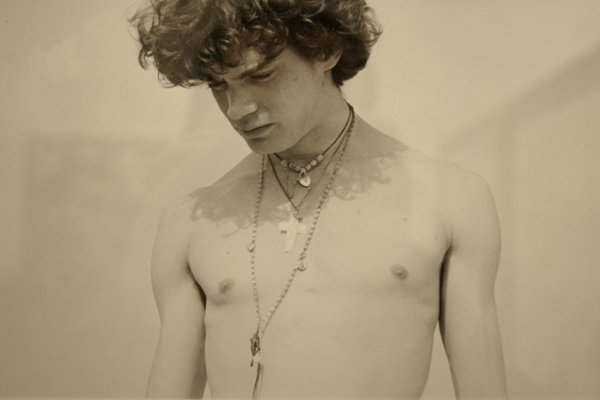
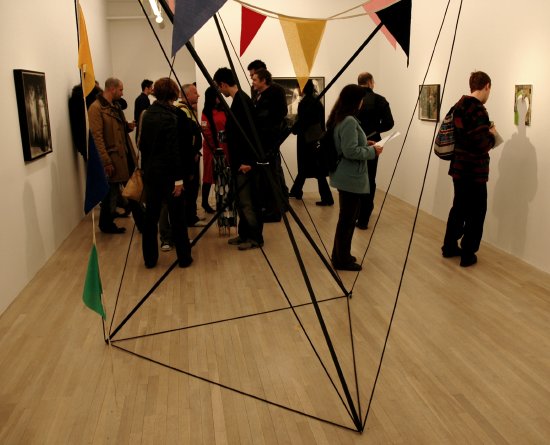
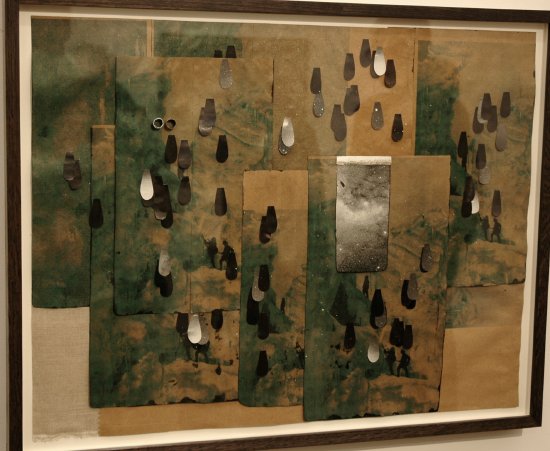
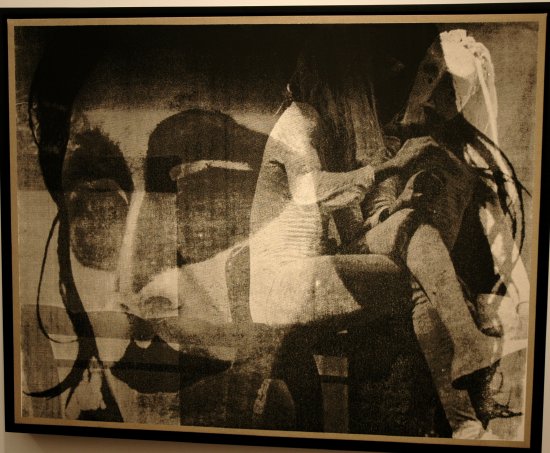
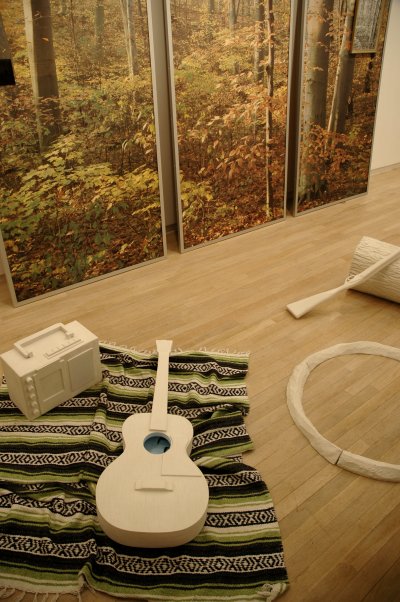
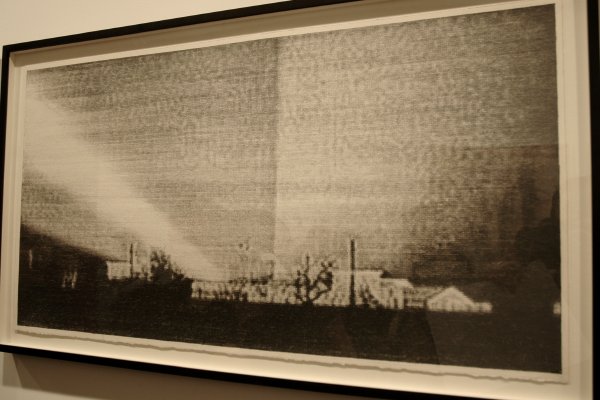
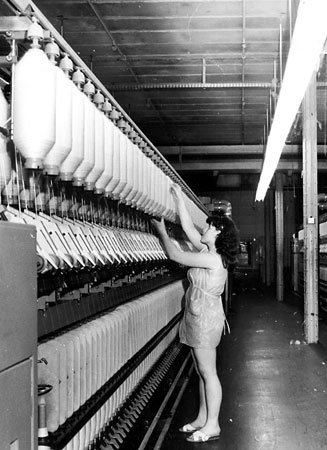
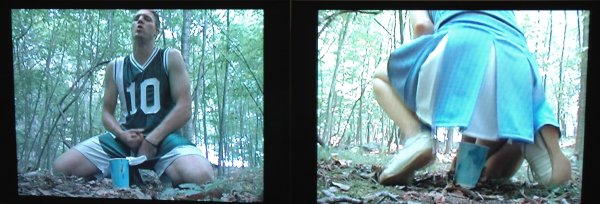
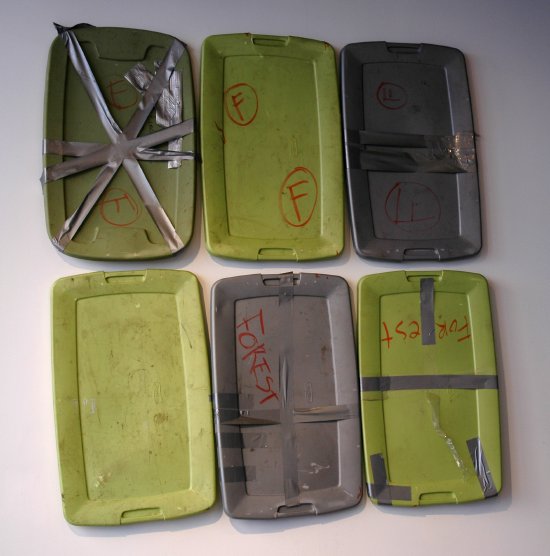



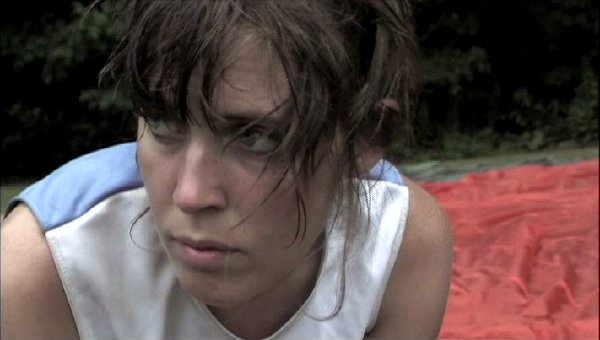
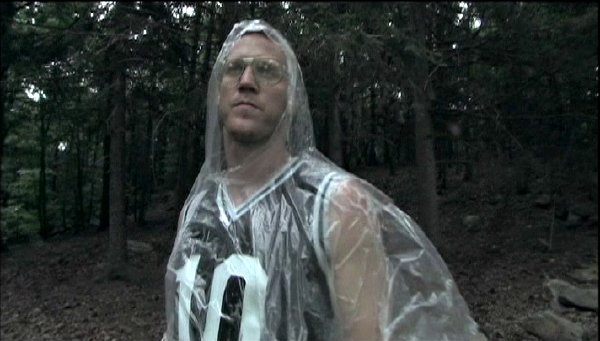
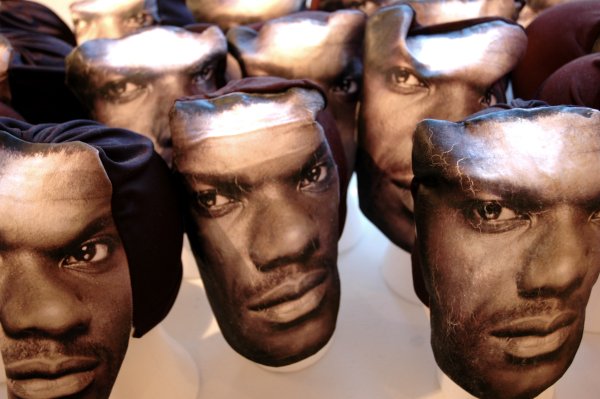
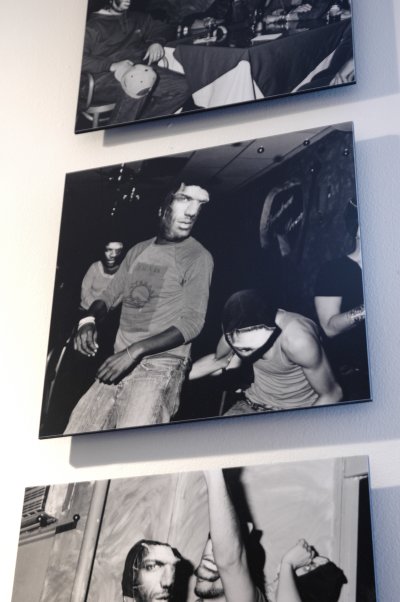
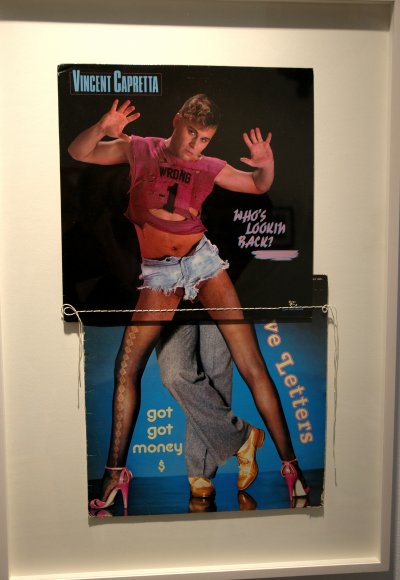
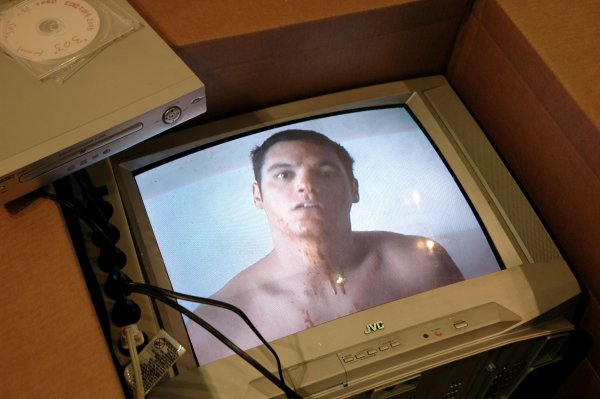
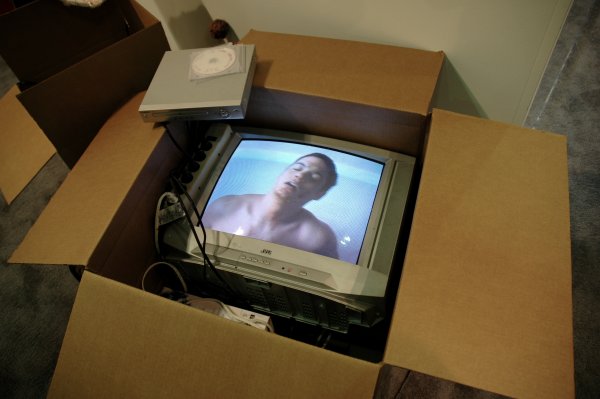
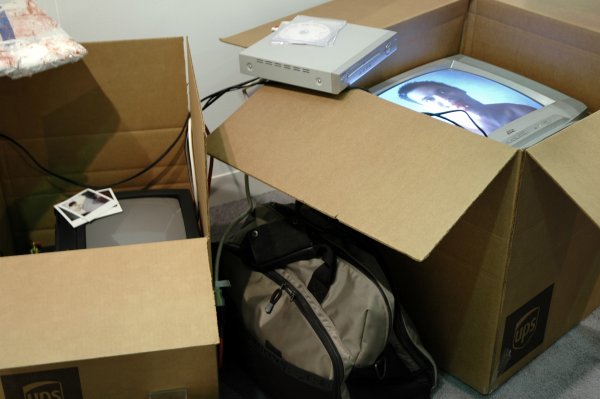
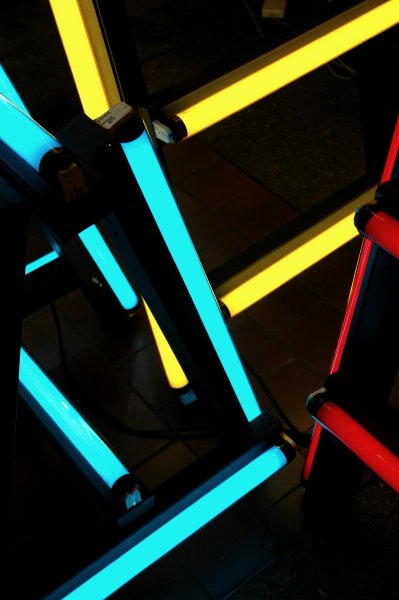
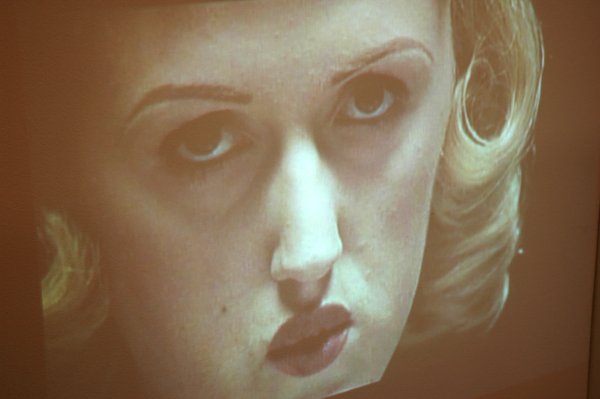
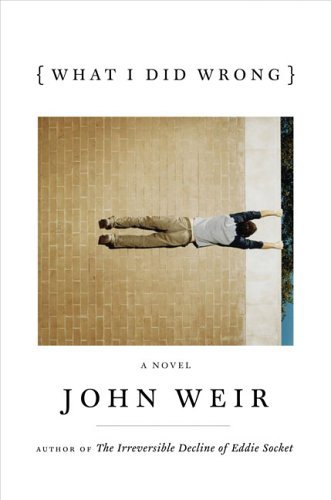
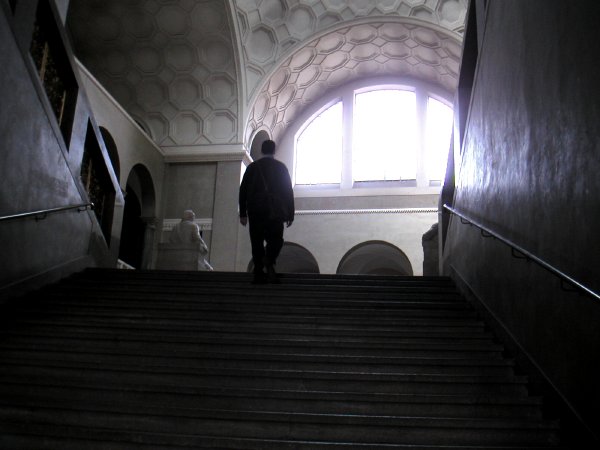
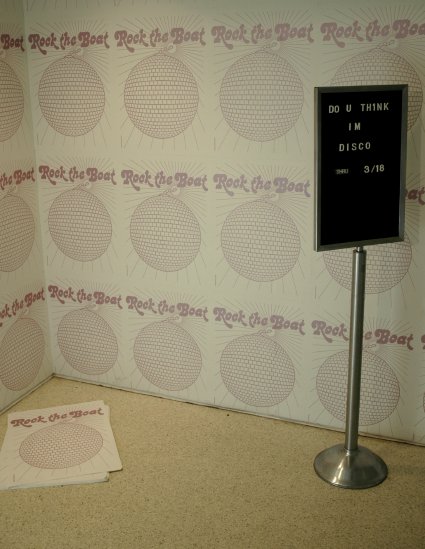
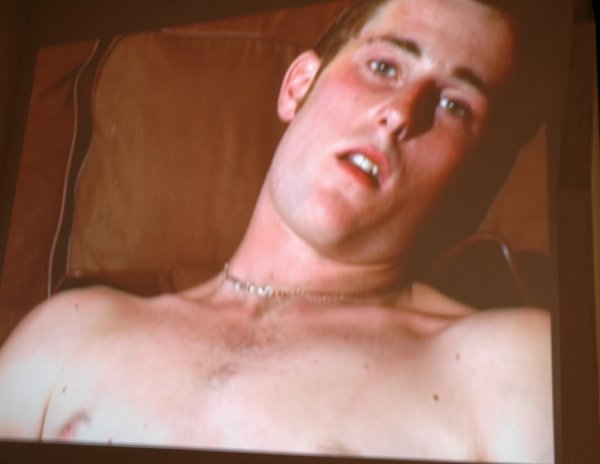
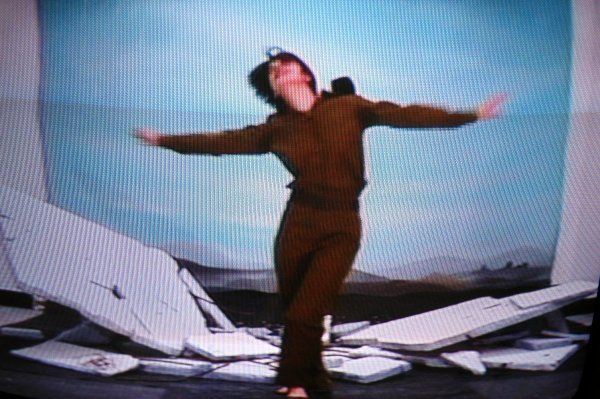
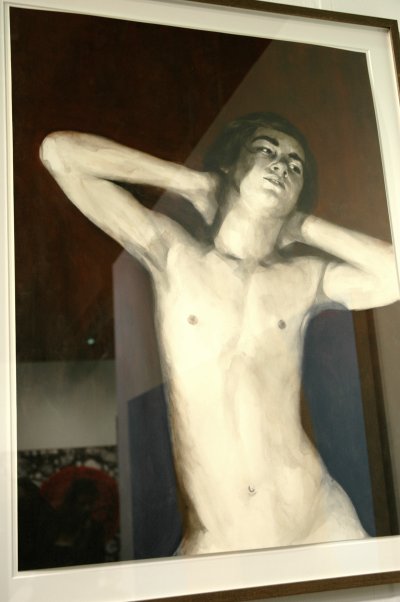

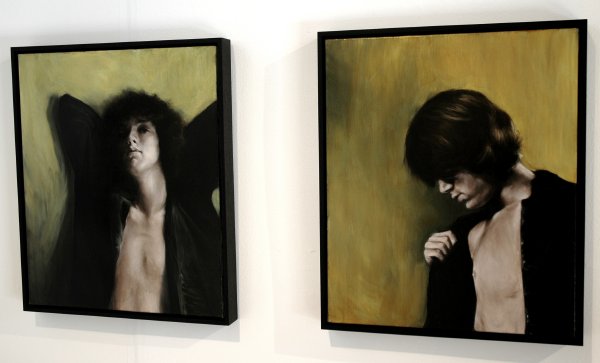
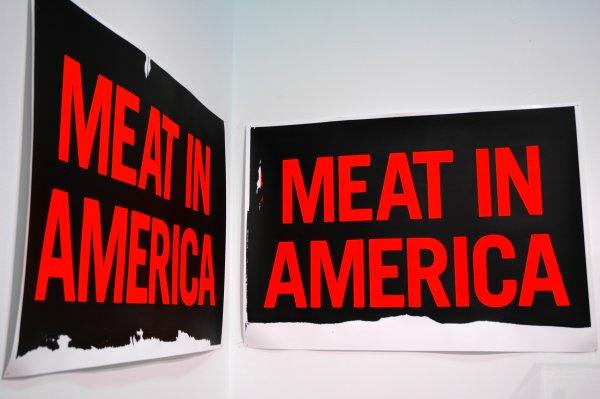
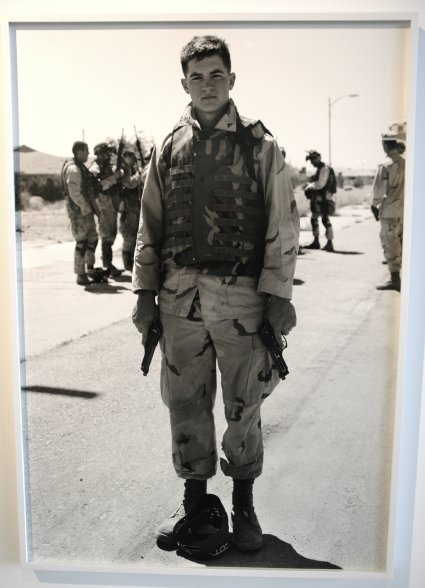
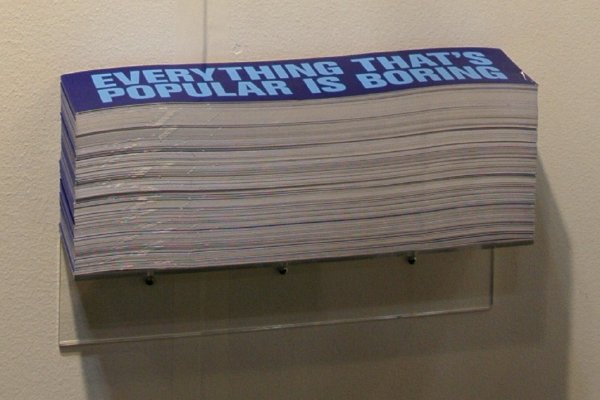
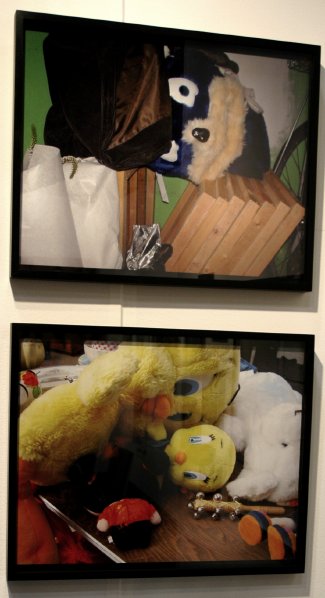
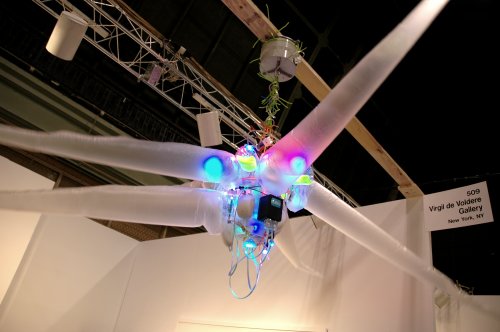
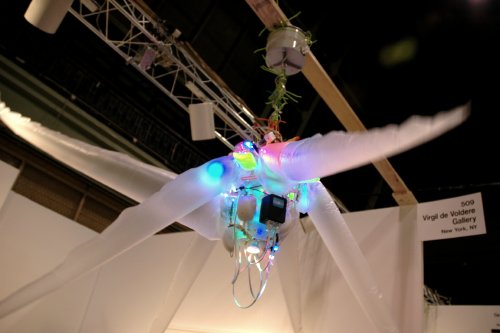
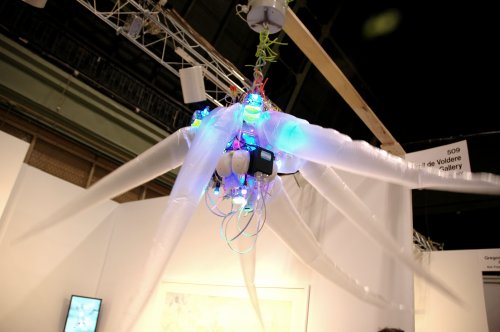
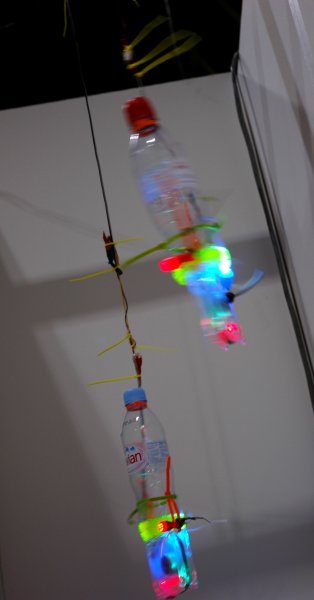
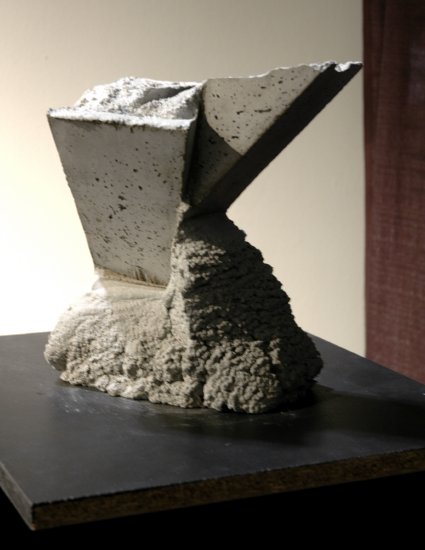
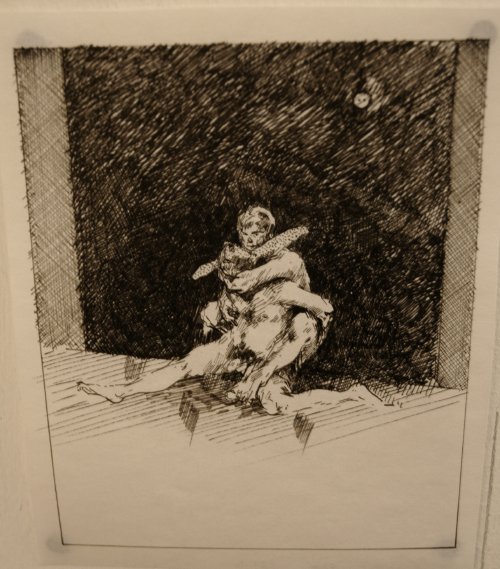
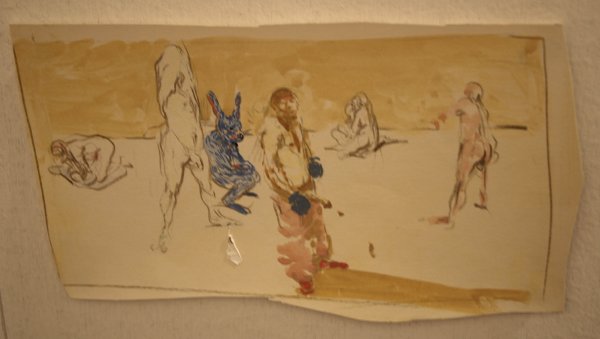
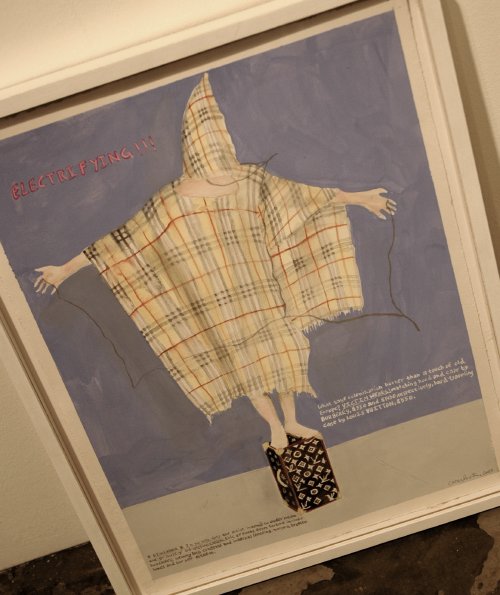
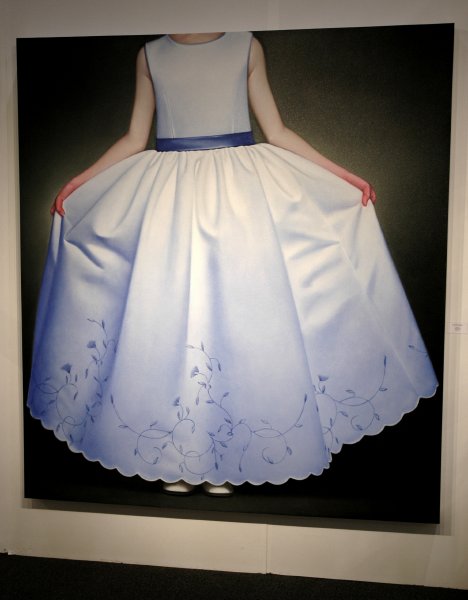
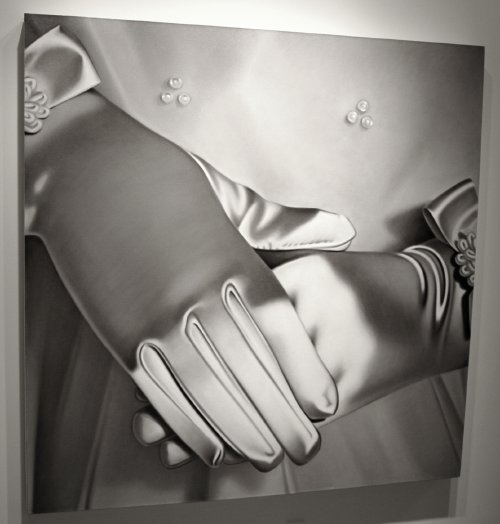
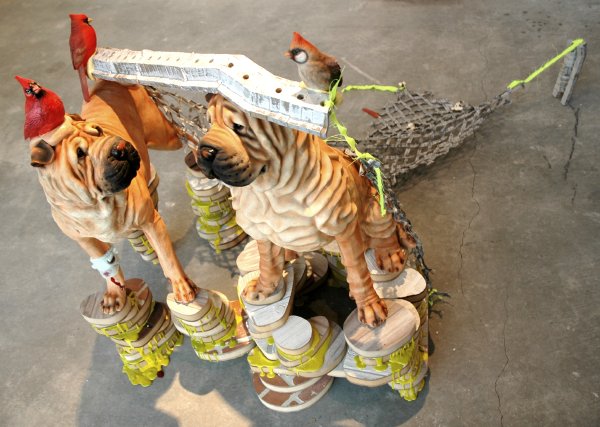
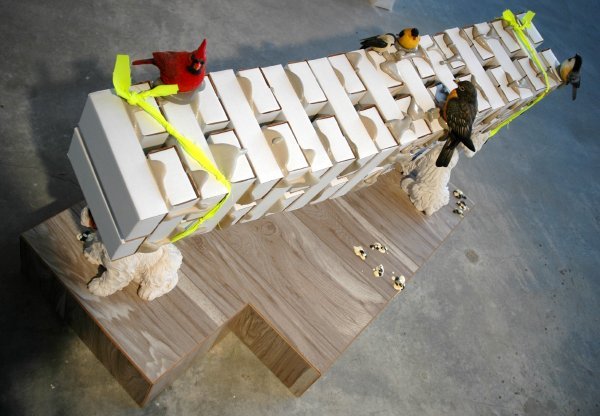
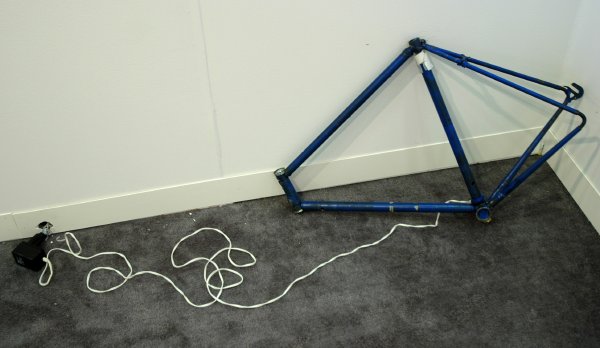
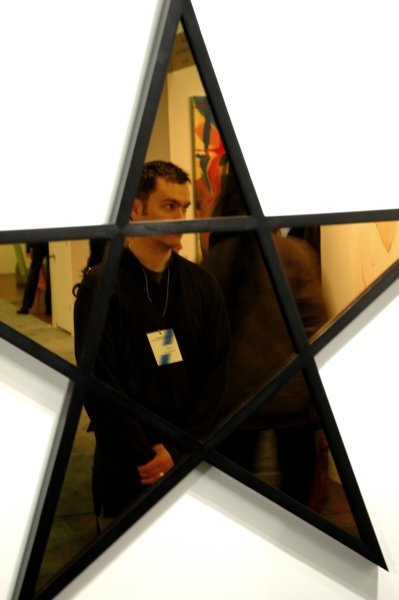
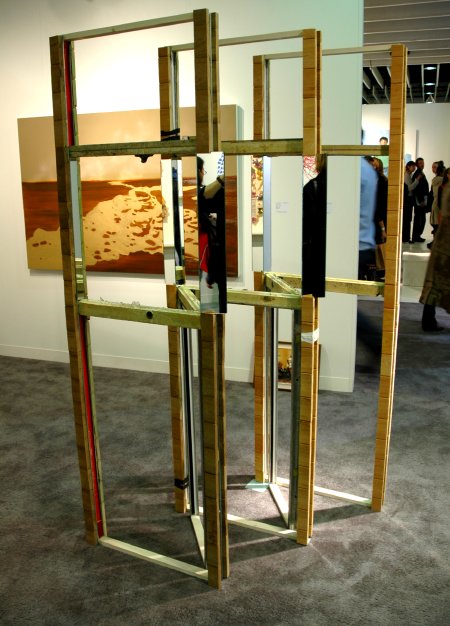
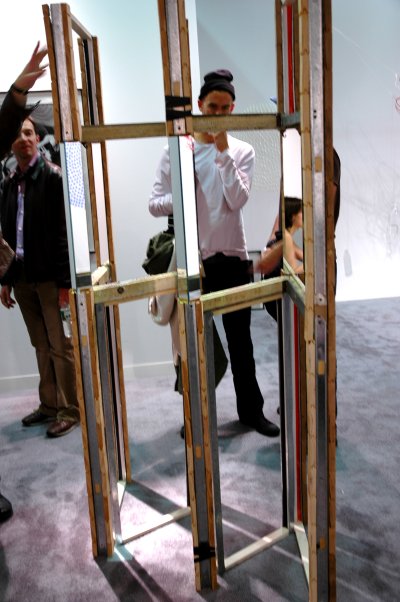
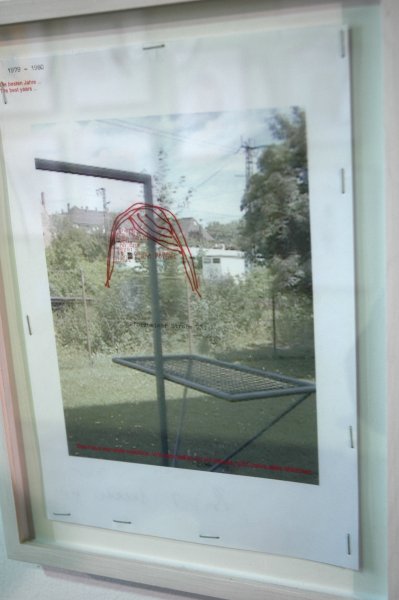
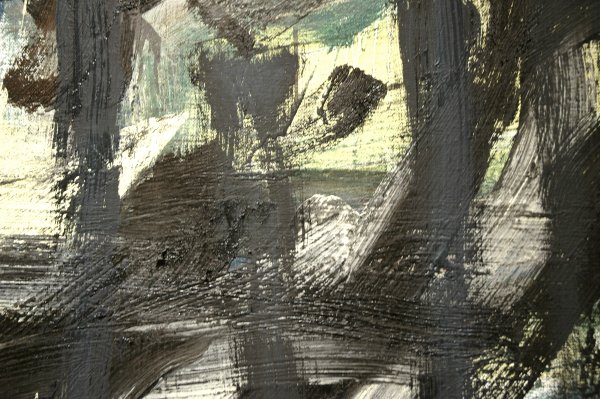
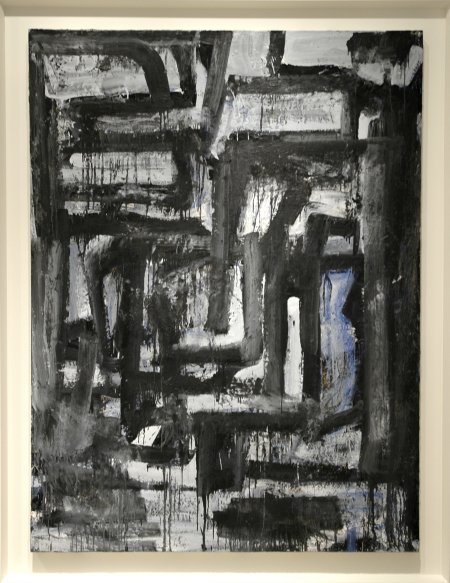
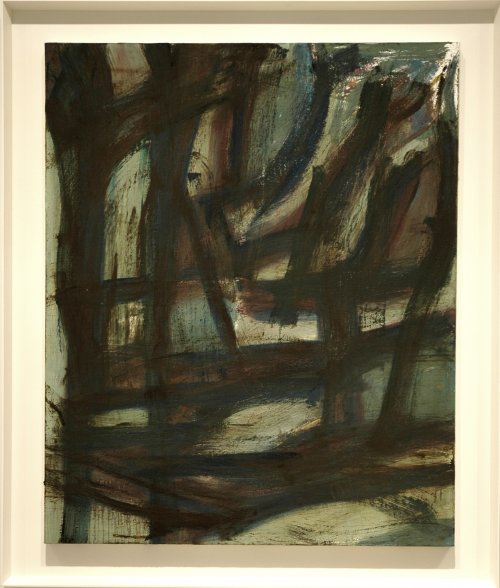

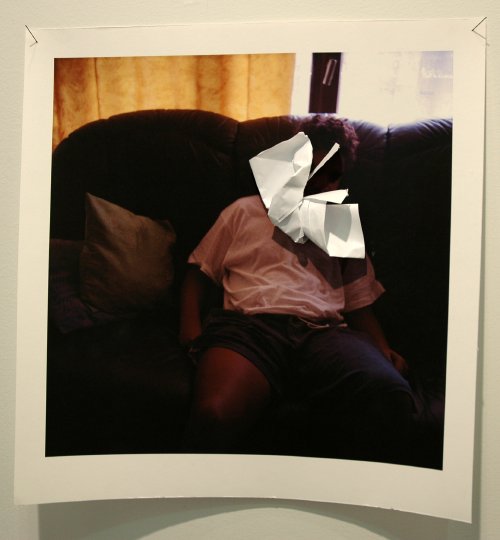
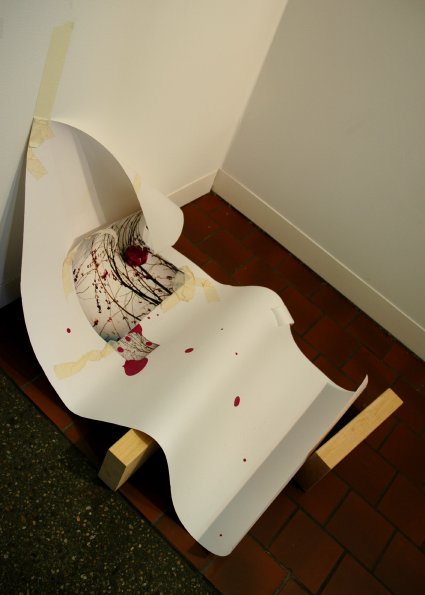
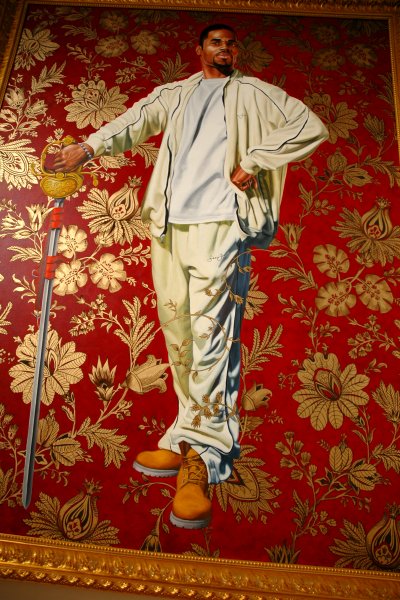
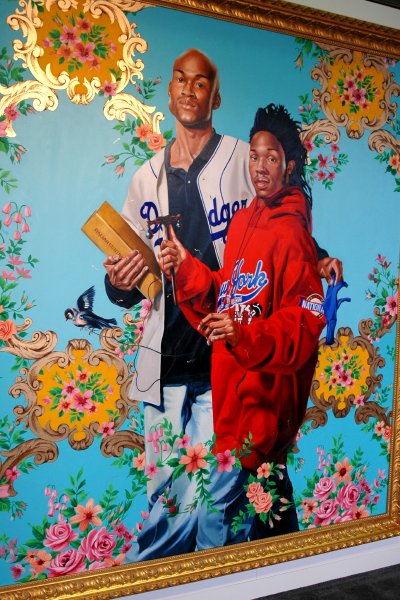
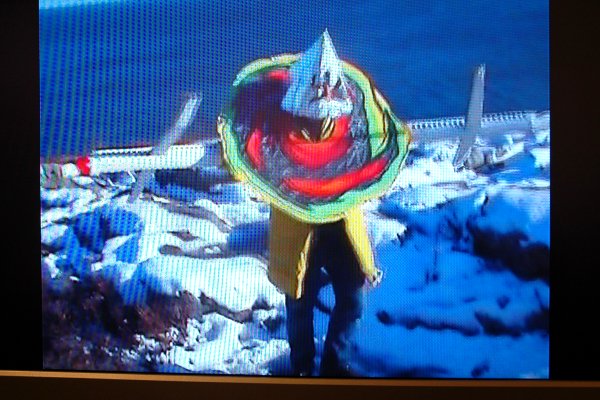
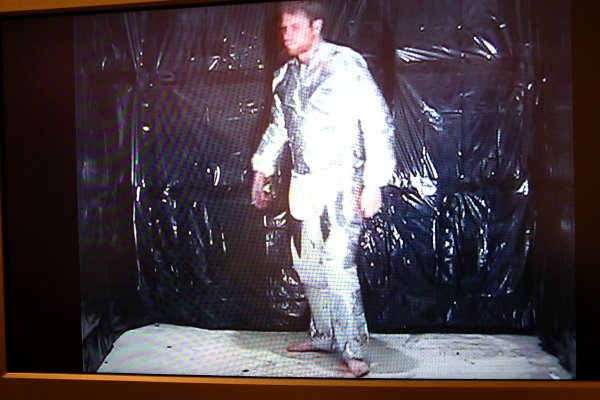 \
\
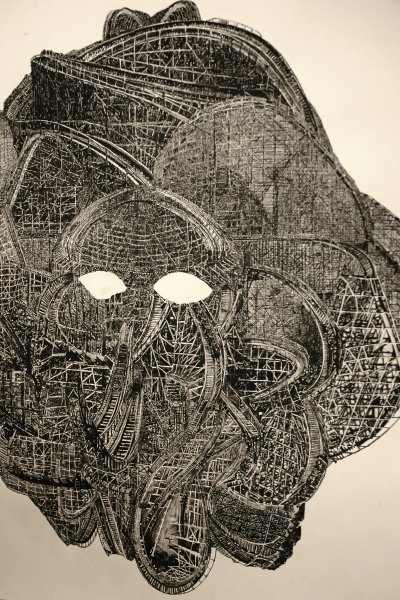

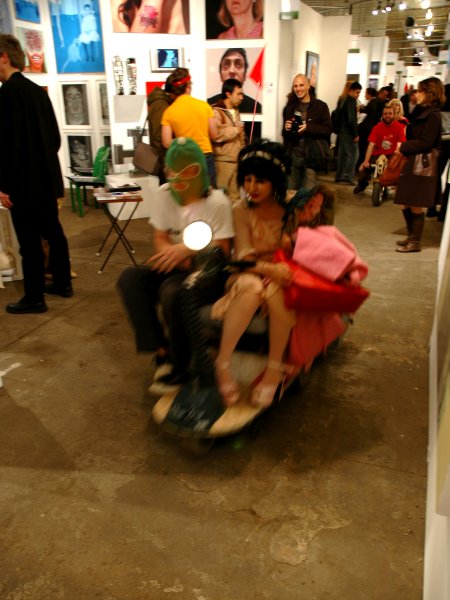
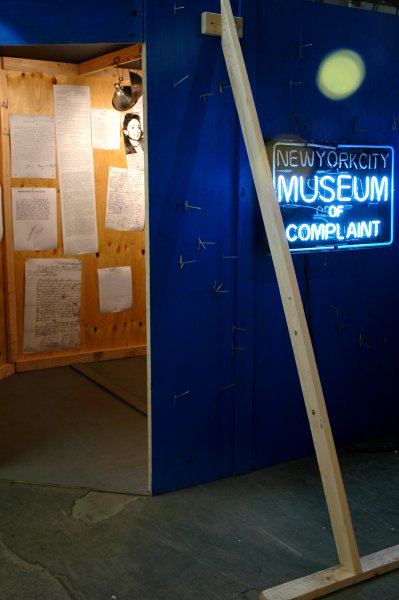
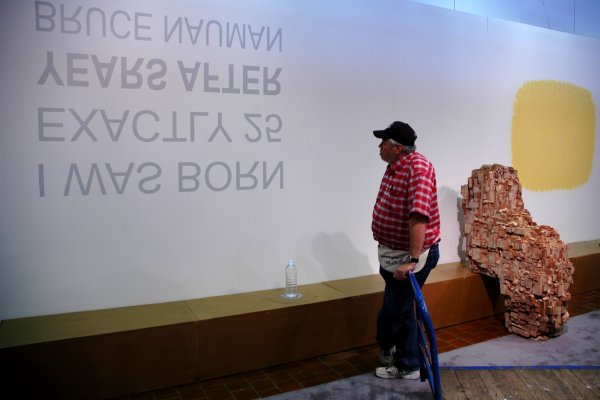
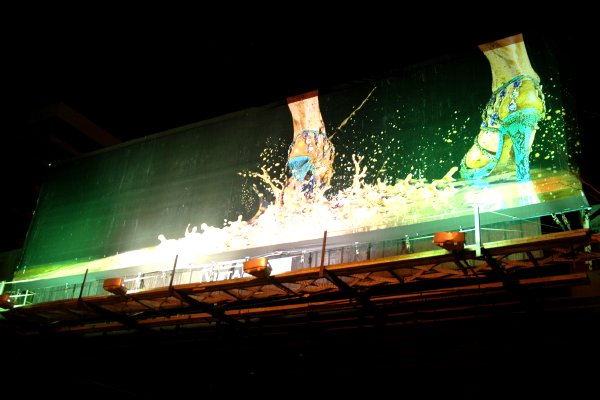
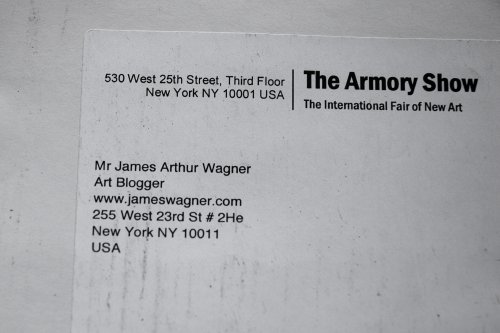
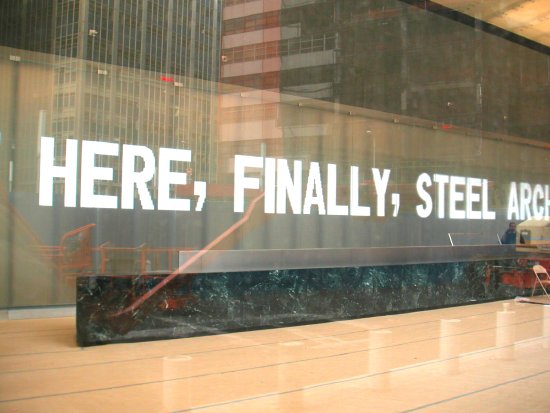










-thumb.jpg)













 Aaron Young
Aaron Young
